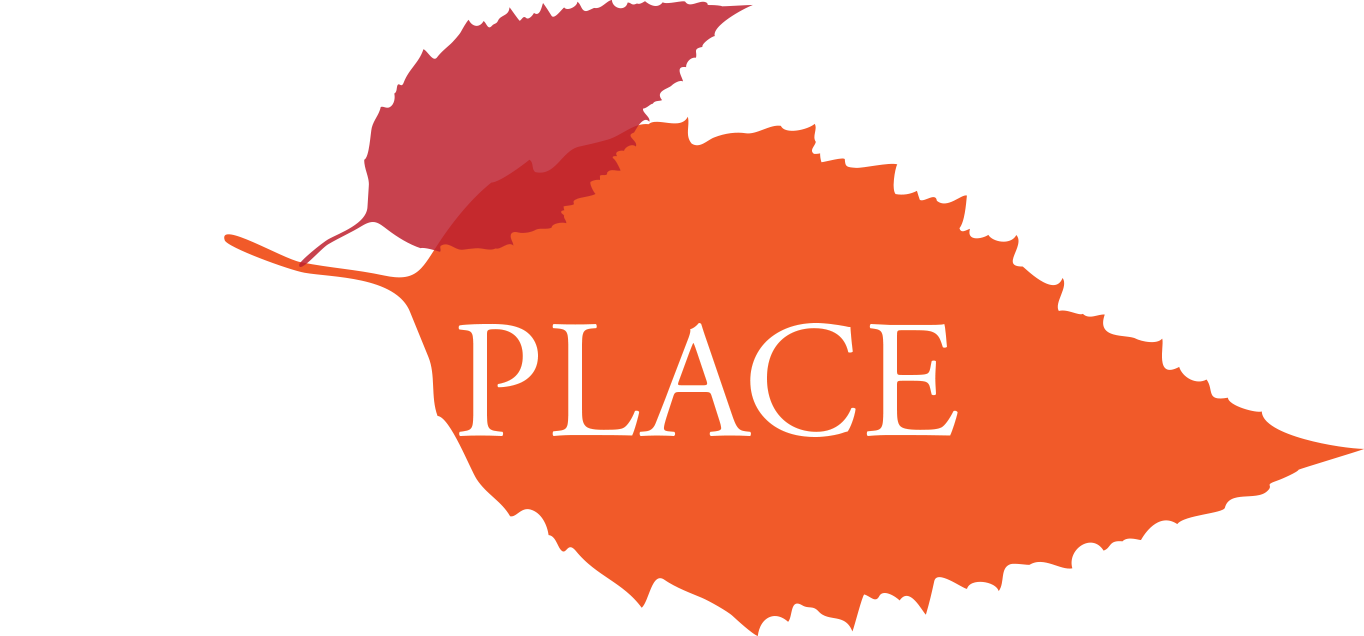This is a post aimed at young people who are going through the COVID-19 pandemic in Australia.
For many, there is a disempowerment felt from the overkill of information and resources on the coronavirus pandemic.
People feel threatened by the overstimulating amount of facts and resources that they don’t know where to look. Or compulsively can’t keep their eyes away, out of anxiety and the need to know that everything will be okay.
Switching off?
Literally, should you just switch the TV off? Delete Instagram? Turn off Facebook notifications?
That’s enough news for the day, make that this week, or maybe the month.
Perhaps don’t even look at the news until this pandemic passes over.
Yes, sounds like a plan, you can just go about your life like it’s not really happening.
Perhaps it’s just a conspiracy.
Would be nice to go to the museum, but it’s closed. Let’s go to the beach. I can’t believe no one wants to come to the beach with me. The government can’t control us. They can’t take away our freedoms. This is ludicrous.
Or maybe you put yourself in a bubble of complete solitude. At home watching Netflix, cocooned in a blanket with your pet cat. Uni assessments piled up. Due dates pending. Emails left unread. Blinds closed and it’s mid-afternoon. Dust settling around you. It’s week 3 of self-isolation. Your ice cream supply is plummeting; you may need to go to the supermarket. But that would mean human interactions. Humans who might be infectious. You could get sick, your lungs freezing, turning to glass. More hand sanitizer. More toilet paper. More canned tomatoes, just in case.
Staying home.
Social distancing.
These are odd terms.
Both are pretty foreign to most young people.
Human Connection is pivotal for our emotional and mental well-being.
Young people thrive in conditions that are stabilized with routine, plenty of sunshine, and the company of friends, and family, even the ordinary peers at work and school.
To not be surrounded by these things is a sure shock to our daily rhythms.
Staying home doesn’t mean we need to lock ourselves away, and throw away the key until the following winter. Or stockpile, or stress, get depressed or stop showering. It simply means stay when as much as you can. Go for a walk when you need some air. Go shopping for what you need. The shops aren’t shutting, so there’s no need to buy more or less than necessary. Distance ourselves out of respect for ourselves and others.
We can still see friends online, and visit our family and partners.
We just need to be mindful, so that we keep ourselves and our communities safe.
Most importantly, we need to keep safe those most vulnerable in our society. Those who have chronic illnesses. Plus, the elderly, young children, and infants.
Young people are less likely to experience the worst symptoms of COVID-19, but that doesn’t mean that we are invincible.
We need to be aware of what is happening around us.
We need to self-isolate when we are sick to keep others safe.
Yet, it is best we fact check our sources and go to SA Government, SA Health or Australian Department of Health websites, or other credible authors that are spreading truth rather than misinformation.
Keep steady, take deep breaths, follow the truth not fear.






